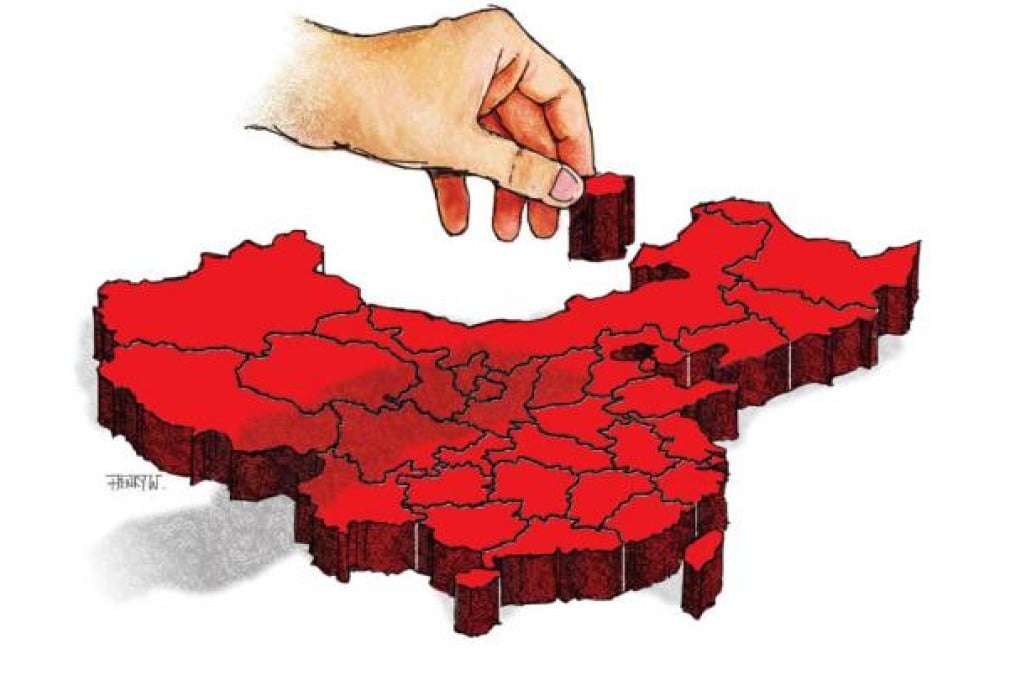Xi's focus on continuity in China's provinces
Zhengxu Wang says the lack of major reshuffles of local government leaders shows Xi Jinping's preference for continuity and, perhaps surprisingly, his distaste for grooming loyalists

The 31 administrative regions of mainland China have now concluded their people's congress meetings to install local leaderships. This completed another major step in the power transition in China following last November's Communist Party congress. The next big step will be the National People's Congress next month, when the new State Council will be formed.
Before and immediately after the party congress, leaked information pointed to a reshuffle of leaders in quite a few provinces, while it was rumoured that others would be headed by officials transferred from the central government.
However, the actual line-up shows that the new party leadership headed by Xi Jinping favours continuity in local leadership. In December, for example, the governors of Zhejiang, Jilin and Shaanxi were promoted to become party secretaries. And, into January, as all the provinces and regions held their congresses, all the governors elected or confirmed were locally groomed; all had served in their respective bases for a few years.
Most noteworthy was the retention of Huang Qifan as Chongqing mayor, the promotion of Yang Xiong from vice-mayor to mayor of Shanghai, and the confirmation of Li Xiaopeng as the governor of Shanxi , given that there had been intense rumours that all three positions would be assigned to officials from other places.
It had been rumoured that Hubei party secretary Li Hongzhong would take up the job of mayor in Shanghai, and Ji Lin had been tipped to replace Huang. Instead, Li will remain in Hubei, while Ji Lin stays in Beijing and was elected head of Beijing's Chinese People's Political Consultative Conference. The rumoured move by Zhou Qiang , currently Hunan party secretary, to serve as president of the Supreme People's Court, also looks unlikely now.
The fact that none of these rumours came to anything clearly reveals Xi's preference for stability and continuity for the provinces.
Of course, inter-provincial transfers - occurring quite often under Li Yuanchao , the former head of the organisation department - have their merits. Moving cadres seasoned in managing the developed coastal economy to inland provinces, for example, has brought a supply of knowledge, ideas and socio- economic links to less developed areas.